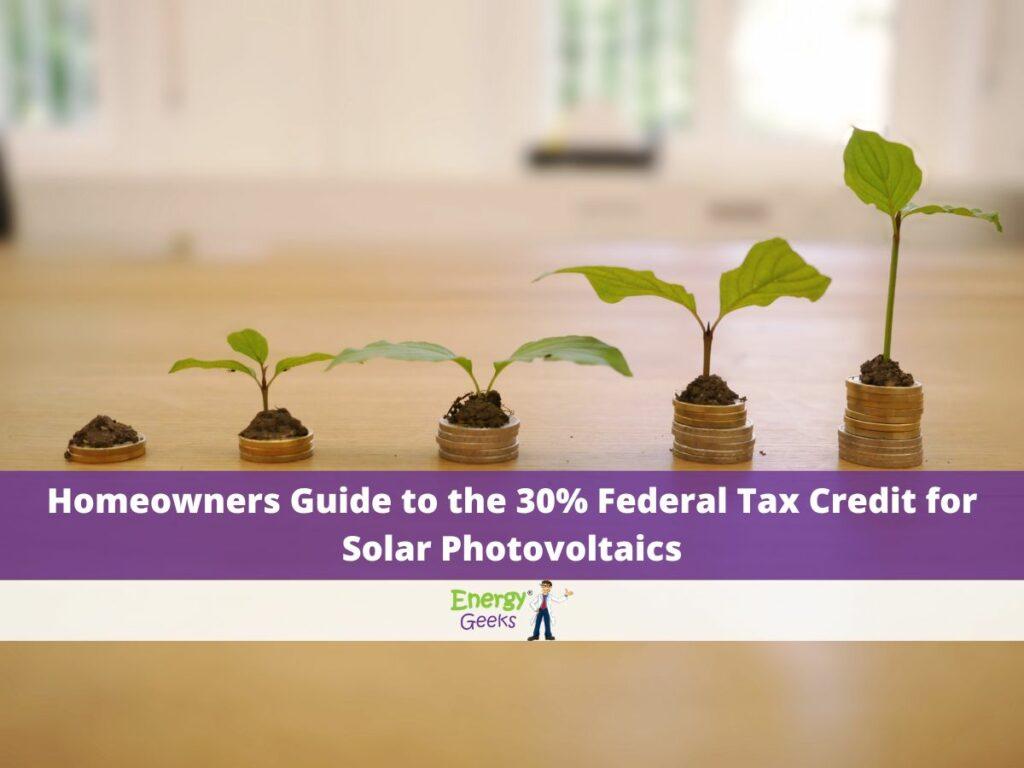ODDS & ENDS Our News Letter
Disclaimer: This column provides an overview of the federal investment tax credit for residential solar photovoltaics (PV) It does not constitute professional tax advice. It should not be used as the only source of information when making purchasing decisions, or tax decisions.

What is a Tax Credit?
A tax credit is a dollar-for-dollar reduction in the amount of income tax you owe. For example, claiming a $2,000 federal tax credit reduces your federal income taxes due by $2,000. The federal tax credit is sometimes referred to as an Investment Tax Credit, or ITC.
What is the Federal Solar Tax Credit?
The Federal Residential Solar Energy Credit is a credit that can be claimed when paying federal income taxes. It’s based on a percentage of the cost of an installed solar system. The installation of the solar system must be completed during the tax year. Other types of renewable energy are also eligible for similar credits but are not discussed here.
Solar systems installed in 2020 and 2021 are eligible for a 26% tax credit. In August 2022, Congress passed an extension of the ITC, raising it to 30% for the installation of which was between 2022-2032. (Systems installed on or before December 31, 2019 were also eligible for a 30% tax credit.) It will decrease to 26% for systems installed in 2033 and to 22% for systems installed in 2034. The tax credit expires starting in 2035 unless Congress renews it.
Am I Eligible to Claim the Federal Solar Tax Credit?
You must meet the following criteria:
- Your solar PV system was installed between January 1, 2017 and December 31, 2034.
- The solar PV system is located at a residence you own and is located within the United States.
- Either:
- You own the solar system through an outright purchase.
- Or, you purchased an interest in an offsite community solar project.
- The solar PV system is new or being used for the first time.
What Expenses are Included?
The following expenses are included:
- Solar PV panels or PV cells
- Contractor labor costs for onsite preparation and assembly, including permitting and inspection fees.
- Any other associated system equipment including wiring, inverters and mounting equipment
- Energy Storage Equipment (batteries)
- Sales taxes on eligible expenses
Bottom Line when you combine generous State incentives with the 30% Federal Tax Credit, going solar may be one of the best investments you ever make.
Want to Learn More About Solar Panels and Federal Solar Tax Credits?
If you’d like more information on how you can minimize energy consumption and maximize savings while making your home more comfortable all year round, then contact Energy Geeks. Our mission is to provide the most comprehensive and efficient solutions to reduce energy use in your home.
Call: 401-766-1540 | 508-444-9800 | Get No Cost Estimate


